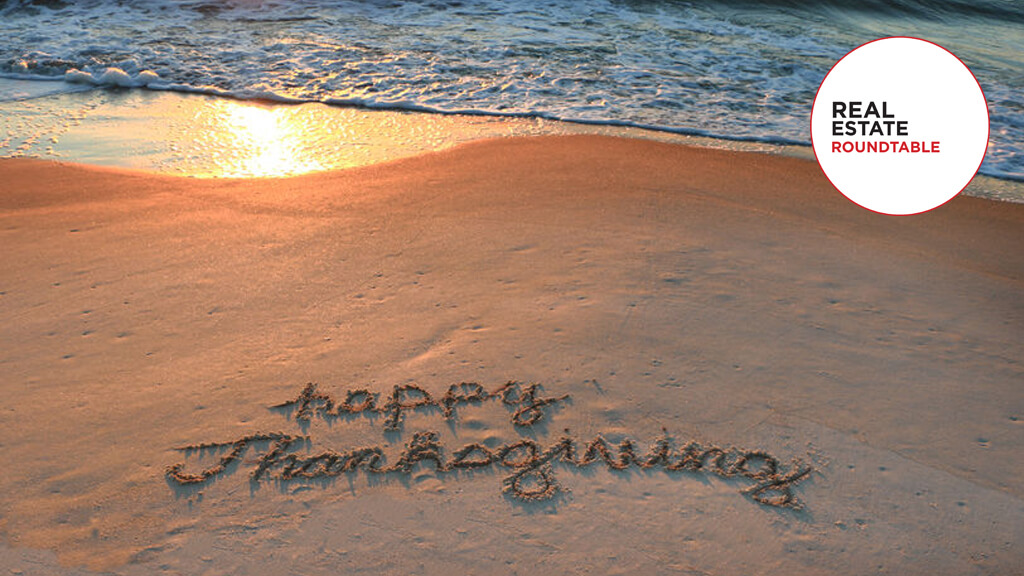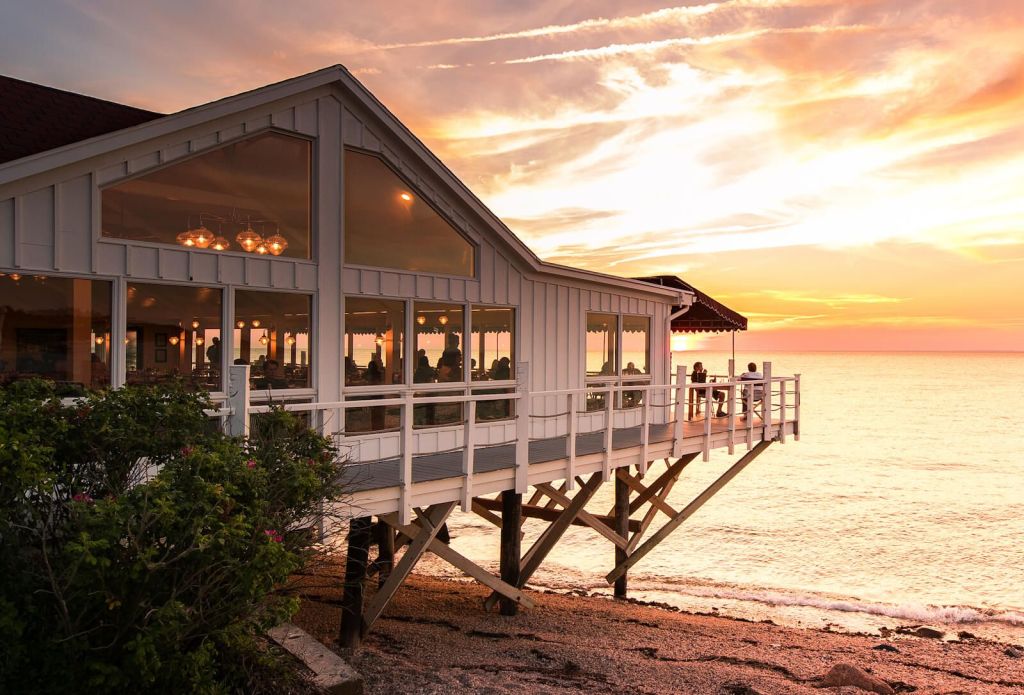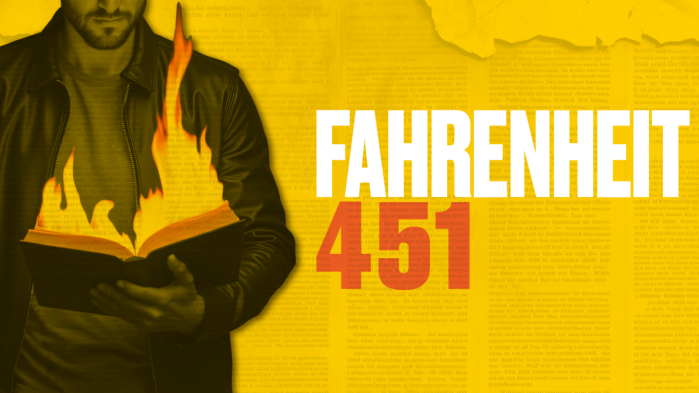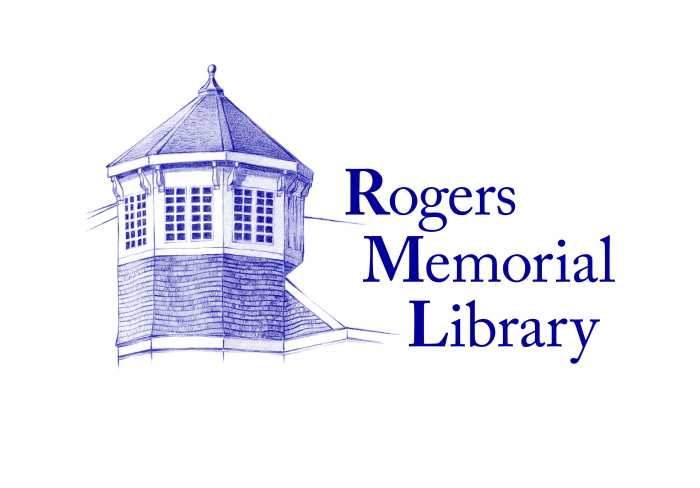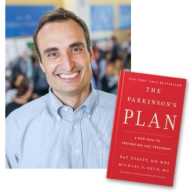Hamptons Soul: Passover, a Universal Conversation
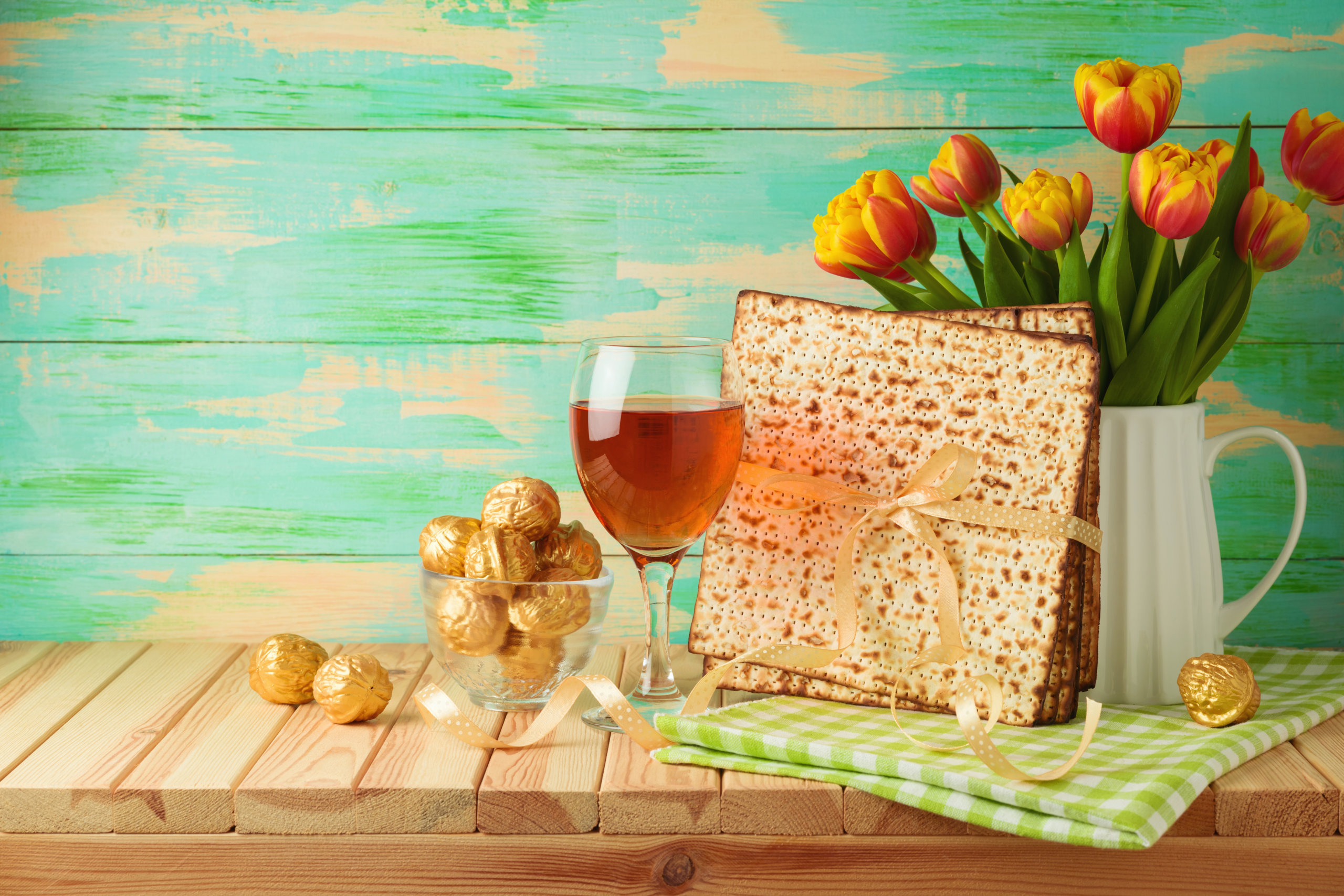
Rabbi Josh Franklin of the Jewish Center of the Hamptons and Father Constantine Lazarakis of the Dormition of the Virgin Mary Greek Orthodox Church of the Hamptons discuss the Passover holiday.
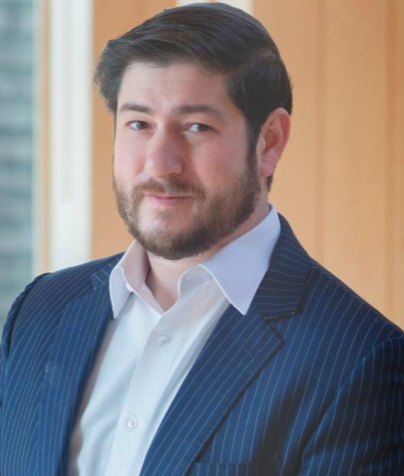
Rabbi Josh Franklin
Passover ranks as one of the most celebrated of all Jewish holidays by not just American Jews, but by Americans of all faiths. The Passover narrative chronicles the Exodus of the Israelites from Egypt and evokes the timeless themes of freedom, alleviating oppression and fighting tyranny. Benjamin Franklin found these biblical motifs so congruent with the American experience that he proposed a seal of the United States depicting a scene from the Exodus along with the words “Rebellion to Tyrants is Obedience to God.”
It’s not the food that intrigues people to join or host a Passover Seder—the highly ritualized meal on the first and second nights of Passover. In fact, Passover food is notoriously less than appetizing. Jews tolerate matzah, the unleavened staple bread of Passover, which tastes only slightly more flavorful than cardboard. The menu—which includes horseradish, eggs, a ground apple paste called charoset and gefilte fish—primarily serves as a jumping off point for intense conversations. Matzah, for example, tastes like persecution and oppression, prompting us to empathize with the experience of slavery. Eating bitter herbs like horseradish remind us of the bitterness experienced by our ancestors and by 40 million people worldwide who still endure the yoke of slavery today.
The diverse and sometimes strange rituals elicit intense and gripping conversations that are rarely heard at the dinner table. One interpretation of the Hebrew word for Passover, “Pesach,” is that it means peh-siach, the conversation of the mouth. This describes well the experience of Seder attendees. People relish talking through extended narratives, asking relentless questions, and performing rituals with highly symbolic items, because these are the ingredients for a conversation that captivates any attendee, Jewish or not.
This is now the second year that in-person attendance at Passover Seders in peoples’ homes were limited by COVID. Next year, we pray that we’ll all be back together around the table talking not just about the past plagues that afflicted Egypt, but the once-upon-a-time COVID plague that struck the entire world.
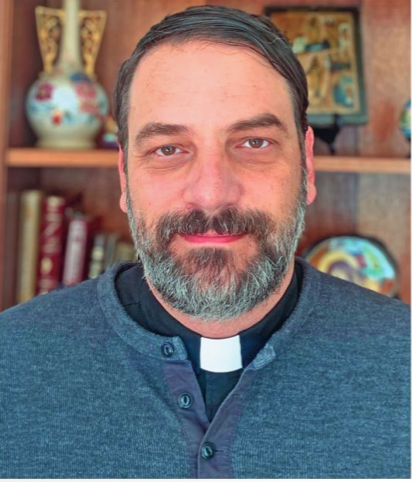
Father Constantine Lazarakis
Passover and Easter are here. While many gather to share the Passover meal and re-tell the stories of the Israelites passing through the parted Red Sea, escaping the oppression of the Pharaoh, our national conversation is focused on themes of oppression and liberation. For Christians, this story of liberation is recast in the resurrection of Christ, the lamb of God, as God liberates humankind from death. The biblical account of the Israel’s odyssey from Egyptian enslavement to freedom is one of the most compelling in human history. And Christ’s resurrection, intrinsically linked to the Exodus narrative, remains one of the most hopeful and liberating beliefs for millions.
Within in the Exodus narrative are some essential components to understanding what true freedom is, components that we need to embrace in this moment. Before Moses could lead the Israelites and confront the Pharaoh, he had to first discover and embrace his own identity. Remember that Moses was raised, not as an Israelite, but as a member of the Pharaoh’s household. He had to first remember that he was a child of God before he could be God’s liberating force. Secondly, the oppressed Israelites had to believe—had to know that God would lead them out of Egypt. They knew that they were not strong enough on their own to escape oppression, but they came to believe that with God, all things are possible.
I believe that, even amidst our lofty and tenuous pursuit of justice and prosperity, in many ways, we’ve lost our way. And I believe that we need to rediscover and embrace our identity as beloved children of God. I believe we need to renew our faith in God as our protector and advocate. Doing so might bring us a little more of the hope and freedom for which we so desperately yearn.
